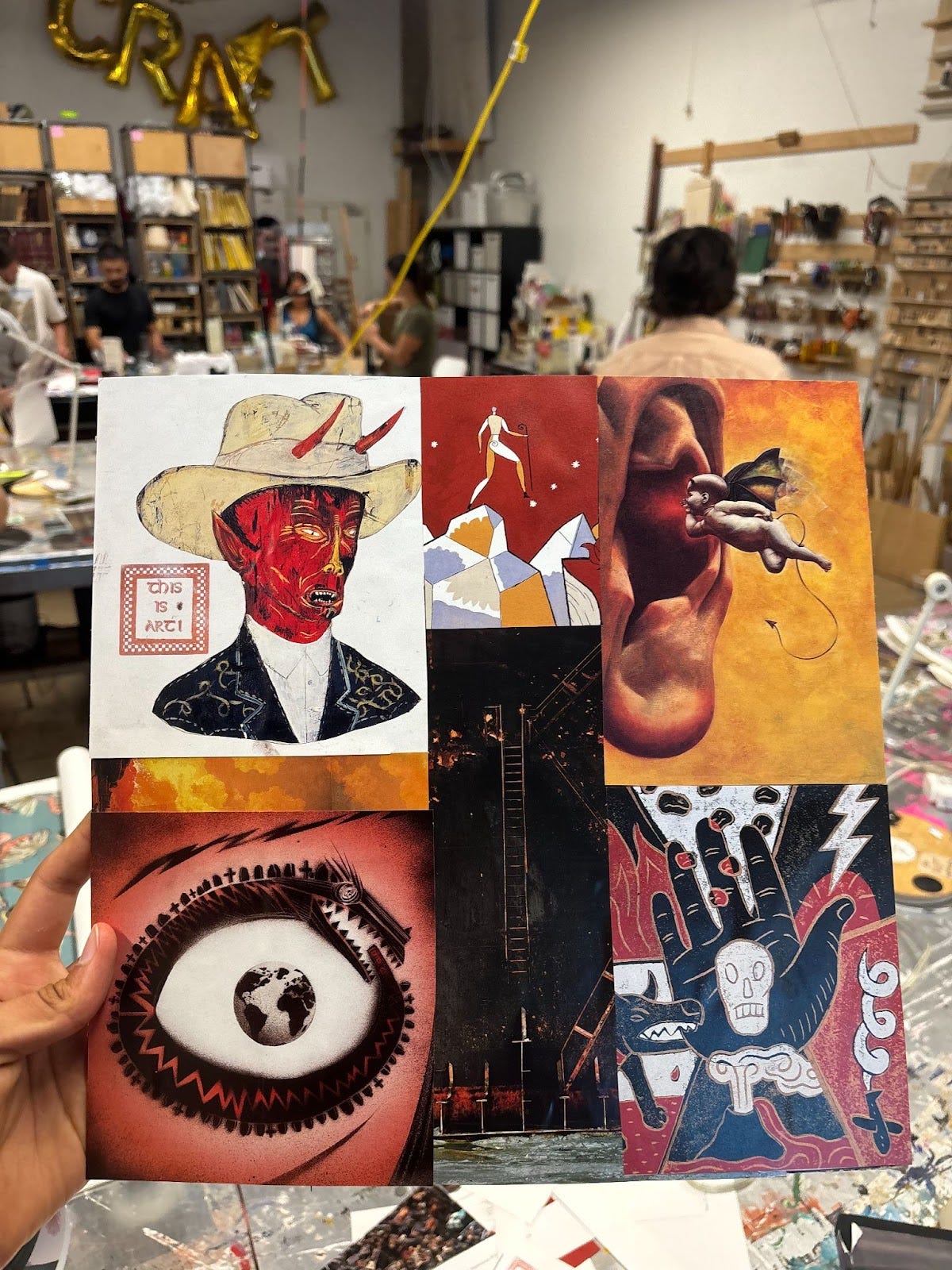Nurturing a Relationship with the Self
Tuesday, August 27
Today’s post is from Secular Mornings’ guest author, Jack Kelly.
Today’s text is an excerpt from the book “The Artist's Way” by Julia Cameron:
Spending time in solitude with your artist child is essential to self-nurturing. A long country walk, a solitary expedition to the beach for a sunrise or sunset, a sortie out to a strange church to hear gospel music, to an ethnic neighborhood to taste foreign sights and sounds - your artist might enjoy any of these. Or your artist might like bowling.
Commit yourself to a weekly artist’s date, and then watch your killjoy side try to wriggle out of it. Watch how this sacred time gets easily encroached upon. Watch how the sacred time suddenly includes a third party. Learn to guard against these invasions.
Above all, learn to listen to what your artist child has to say on, and about, these joint expeditions. For example, ‘Oh, I hate this serious stuff,’ your artist may exclaim if you persist in taking it only to grown-up places that are culturally edifying and good for it.
List to that! It is telling you your artist needs more playful inflow. A little fun can go a long way toward making your work feel more like play. We forget that the imagination at play is the heart of all good work. And increasing our capacity for good creative work is what this book is about.
You are likely to find yourself avoiding your artist dates. Recognize this resistance as a fear of intimacy - self-intimacy. Often in troubled relationships, we settle into an avoidance pattern with our significant others. We don’t want to hear what they are thinking because it just might hurt. So we avoid them, knowing that, once they get the chance, our significant others will probably blurt out something we do not want and can’t give them. It is equally possible we might do the same to them and that then the two of us will stare at each other in astonishment, saying, ‘But I never knew you felt like that!’
It is probable that these self-disclosures, frightening though they are, will lead to the building of a real relationship, one in which the participants are free to be who they are and to become what they wish. This possibility is what makes the risks of self-disclosure and true intimacy profitable. In order to have a real relationship with our creativity, we must take the time and care to cultivate it. Our creativity will use this time to confront us, to confide in us, to bond with us, and to plan.
(Pages 19-20)
Lately I’ve been on a creativity kick and finally got around to breaking out my copy of the classic book “The Artist’s Way” by Julia Cameron. It’s a wonderful guide to unlocking your creativity and this passage describes one of the two main activities that she prescribes - the “artist date”. I can’t claim to be a veteran of this technique (I have mainly practiced her other technique “morning pages”) but I did my first artist date last week and was shocked at how well it turned out. I definitely felt the resistance that Cameron describes, but pushing through was so rewarding. I did my favorite collage out of all the ones I’ve done recently:
Even if you have zero desire to unleash your inner creativity, this passage touches on something deep and important: the relationship with yourself and the inner struggle to face the emotions, dreams, and truths buried within. I think art is one beautiful way to get there, but by no means the only one - meditation, time alone in nature, and endurance exercise also help me connect to myself.
How do you connect with yourself? Is there a resistance you can feel when you imagine connecting with yourself? Who would you be if you were more in touch with your inner self?




